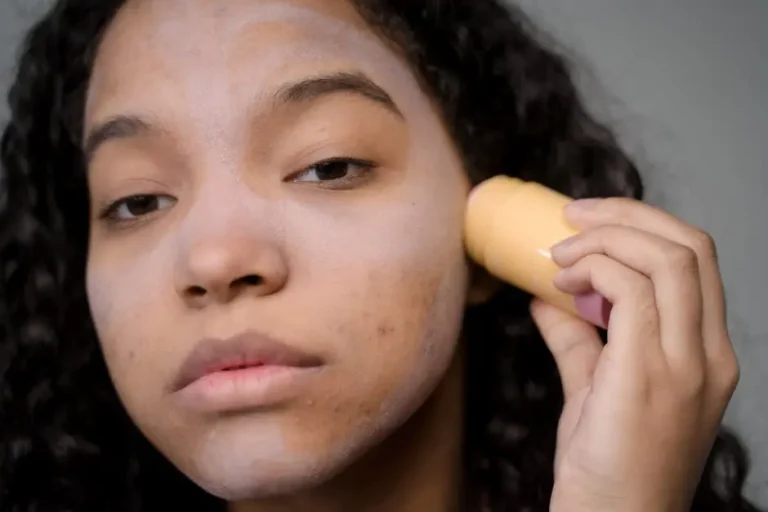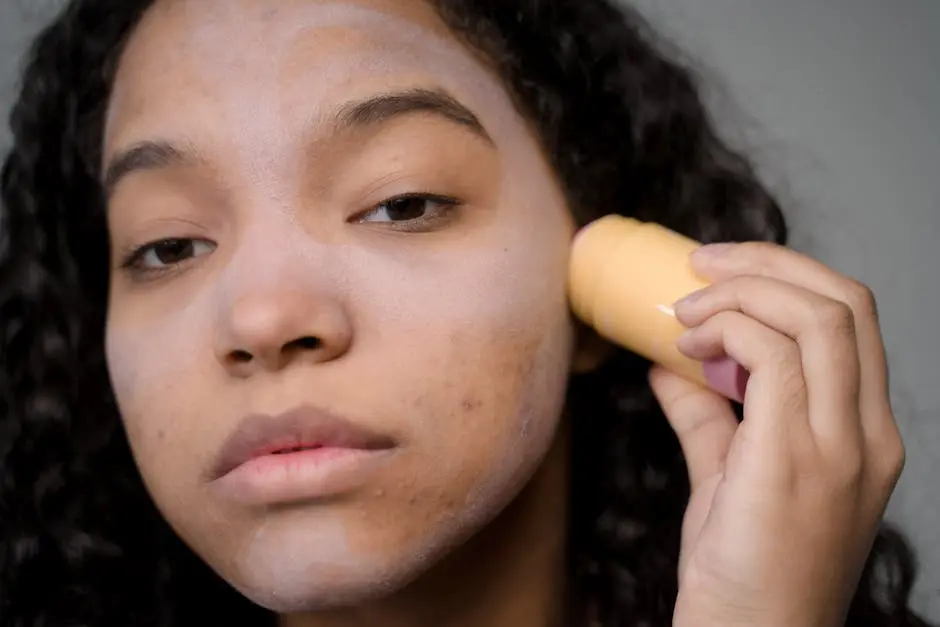Acne can be a frustrating and embarrassing condition, and with so much information out there, it’s easy to fall prey to common myths. In this post, we’ll debunk fifteen of the most prevalent misconceptions about acne treatment that you might have heard. Let’s set the record straight so you can make informed decisions about your skin health.
1. Only Teenagers Get Acne
Many believe that acne is exclusively a teenage issue, but adults can suffer from it too, leading to the misconception that treatment is only necessary for young people.
In fact, adult acne affects millions, often resulting from hormonal changes, stress, or even skincare products. The notion that acne is just a phase can be misleading and detrimental.
Recognizing that treatment options are relevant for older age groups is crucial; this can foster a more open dialogue about skin health, allowing everyone to seek help appropriately.
2. Diet Has No Impact on Acne
A common belief is that diet does not affect skin health; however, various studies suggest a link between certain foods and acne flare-ups.
For instance, high glycemic index foods, like white bread and sugary snacks, have been linked to worsening acne. Nourishing your skin from within is just as vital as any topical treatment.
Incorporating whole foods, such as fruits, vegetables, and healthy fats, can potentially minimize breakouts. It’s worth exploring how subtle changes in your diet can lead to clearer skin.
3. Washing Your Face Excessively Will Clear Up Acne
While cleanliness is important, over-washing can irritate the skin, potentially worsening acne instead of improving it.
Stripping your skin of natural oils can be counterproductive. Instead of a rigorous cleaning routine, gentle cleansing twice a day is often the best approach to maintain balance.
Finding a cleanser suited for your skin type involves understanding your unique needs, so avoiding harsh scrubs and opting for products with soothing ingredients can make a significant difference.
4. Natural Remedies Always Work Best
Though natural remedies can be helpful, relying solely on them can be ineffective for some, thus it’s important to explore medical treatments as well.
For instance, while tea tree oil is renowned for its antibacterial properties, it may not work for everyone. Understanding your skin’s response to different treatments is critical.
In fact, combining natural approaches with prescribed treatments can yield optimal results, offering a holistic approach to achieving clearer skin and better overall health.
5. Acne Is Caused by Poor Hygiene
This myth can lead to feelings of shame. Acne arises from various factors, including hormones and genetics, not just cleanliness.
It’s important to understand that even clean skin can break out due to internal imbalances or skin type. Education about these contributing factors is essential for self-acceptance.
Recognizing that acne isn’t a reflection of personal hygiene can relieve the unnecessary guilt many feel and encourage more positive conversations around skin health.
6. Tanning Helps Clear Up Acne
Many believe that tanning can improve acne, but sun exposure can actually lead to more skin problems in the long run, including increased pigmentation.
While some may notice a temporary improvement in their skin after sun exposure, the reality is that UV rays can damage skin, exacerbating acne and leading to other lasting issues.
Using sun protection becomes even more crucial for those with acne-prone skin, as it helps safeguard against possible flare-ups while promoting healthier skin overall.
7. Makeup Causes Acne
While wearing non-comedogenic makeup is crucial, makeup itself does not directly cause acne, and can even help to cover it effectively.
The key is to select products that won’t clog pores. Testing a variety of brands allows for finding the optimal solution that enhances your beauty without causing breakouts.
Understanding your individual skin needs and using proper application techniques can lead to a beautiful, clear complexion, crafting a balance between skincare and makeup.
8. Popping Pimples Is Harmless
Pimple popping can lead to infections and scarring; it’s always better to allow acne to heal naturally or seek professional treatment.
In the moment, popping a pimple might seem tempting, but it often prolongs the healing process and introduces bacteria, potentially causing more significant problems.
Learning to manage the urge to pop can help ensure your skin heals properly, fostering a more effective relationship with skincare practices and habits.
9. Over-the-Counter Products Are All You Need
While accessible treatments can help, some individuals need prescription medications to effectively manage their acne.
Understanding this distinction can empower many to reach out to professionals, enabling them to explore tailored solutions suited for their specific skin conditions.
Don’t hesitate to book an appointment with a dermatologist; effective management often requires a multi-faceted approach that over-the-counter options alone may not provide.
10. Stress Doesn’t Affect Breakouts
Stress is often overlooked, yet it can trigger hormonal changes that lead to breakouts; managing stress can be beneficial for your skin.
Practices like mindfulness, yoga, or regular exercise can alleviate stress, ultimately helping improve your skin’s overall health. Taking a holistic approach to skincare is crucial.
Recognizing the connection between inner peace and skin health can create an avenue for positive lifestyle changes, leading to both mental and physical benefits.
11. Once You Outgrow Acne, It Never Comes Back
Even if someone has clear skin for years, hormonal changes or other factors can lead to recurrences in adulthood.
It’s essential to remain vigilant as life circumstances change, and to be proactive about your skincare routine, adjusting it as necessary.
The journey for clear skin is ongoing; understanding this can help foster a protective mindset toward skincare, emphasizing preventive measures over reactive solutions.
12. All Acne Treatments Work the Same for Everyone
Skin is unique, and what works for one person may not work for another; customized treatment is often necessary.
Exploring options with the guidance of professionals can aid in tailoring a regimen that takes into account individual skin types and needs.
Embracing this personalized approach can pave the way for a more vibrant complexion, showcasing the beauty of individualized care.
13. If You Have Acne, You Must Have Oily Skin
Acne can also emerge from dry or combination skin types; it’s important to manage skin patches properly regardless of oil levels.
Understanding your skin’s unique characteristics can change how you approach treatment and care. Tailoring your routine based on your specific skin condition enhances your chances of success.
Education around skin types is key; fostering a deeper awareness encourages smarter choices in product selection and treatment strategies.
14. Prescription Treatments Are Too Harsh
While some prescription treatments can be strong, they are often necessary for specific cases and can be managed by a dermatologist.
Being properly cared for under professional guidance can lead to effective management, minimizing adverse effects while maximizing benefits.
Understanding the necessity of certain treatments can help desensitize individuals; it’s about finding a balance that works for your unique skin.
15. Once You Start Treatment, You’re Set for Life
Acne treatment often requires ongoing management and lifestyle adjustments; it’s not a one-time solution but rather a lifelong journey.
Remaining adaptive in your skincare routine ensures that you continue to meet the evolving needs of your skin. This concept reinforces the idea of proactive, rather than reactive, skincare.
Embracing flexibility encourages a more insightful understanding of your skin’s health over time, celebrating progress and learning from setbacks.


